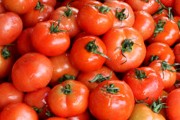Following Adalah intervention: Israel reformulating ban on harvesting wild herbs used in traditional Palestinian cuisine
Adalah – The Legal Center for Arab Minority Rights in Israel sent a letter in January 2019 to Israeli Attorney General Avichai Mandelblit, State Attorney Shai Nitzan, and Environmental Protection Minister Ze’ev Elkin, requesting that they cancel the declaration of za'atar (hyssop), akoub (gundelia) and sage – wild herbs used in traditional Palestinian cuisine – as protected natural species, and order the immediate suspension of criminal enforcement in this regard.
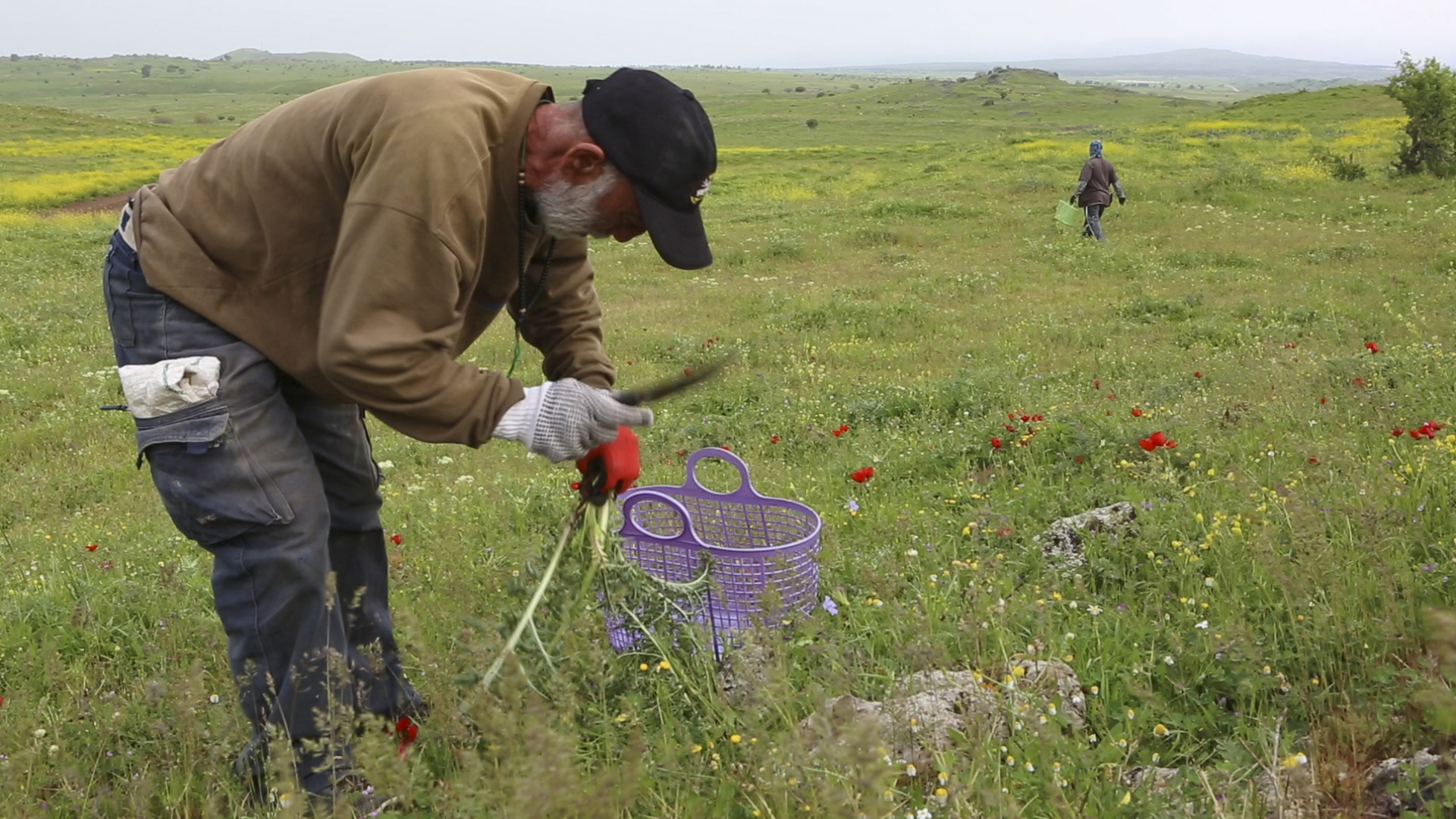
Akoub harvesting.
In the letter sent by Adalah Attorney Rabea Eghbariah, it was argued that the prohibition on gathering these herbal plants is not based on a reliable factual basis, does not serve the purpose of the law, and disproportionately harms the Arab population that has used these herbs for hundreds of years, particularly for cooking needs.
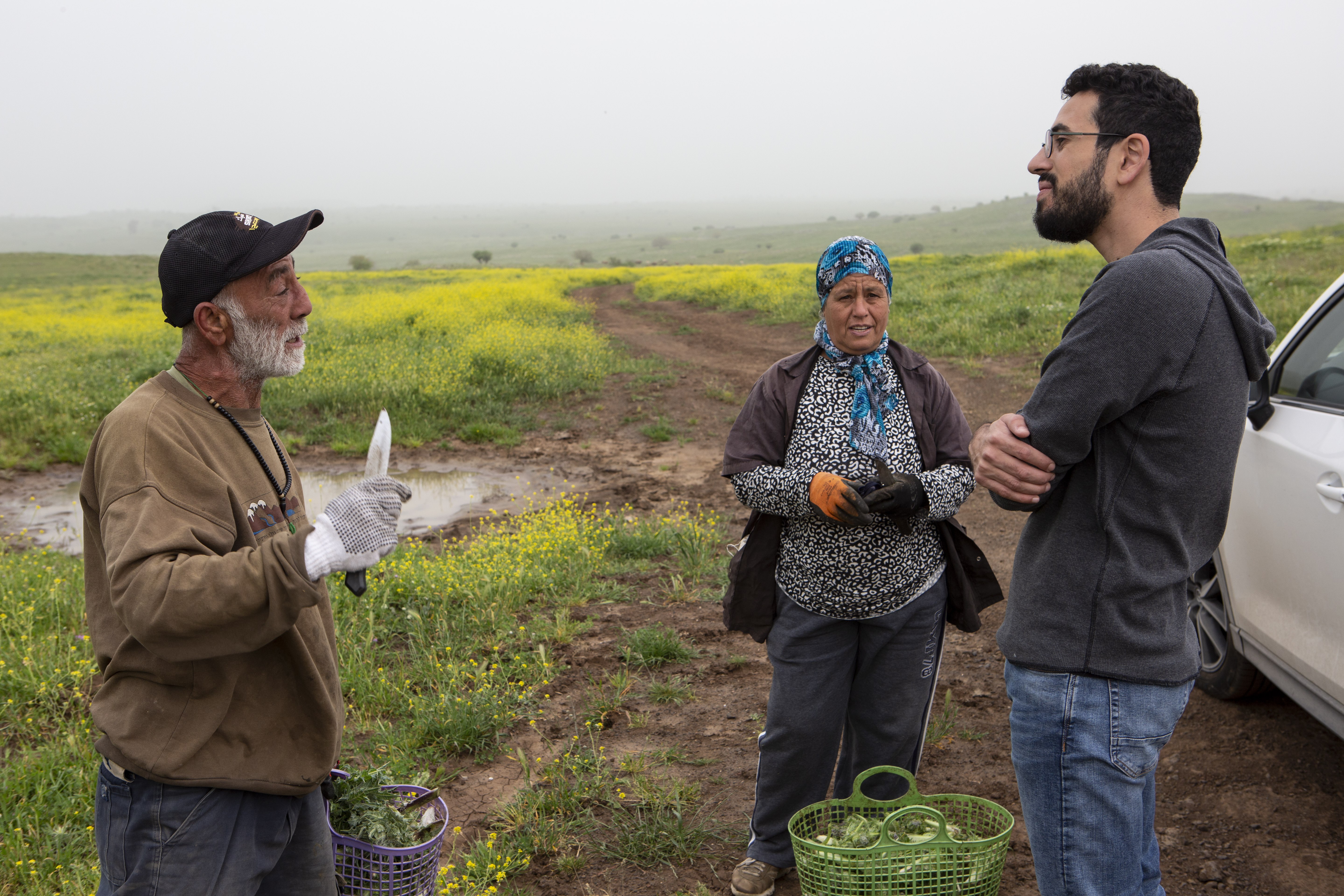
Adalah Attorney Rabea Eghbariah (right) observing an akoub harvest.
At the same time, Adalah submitted a request to the Ministry of Environmental Protection and to the Nature and Parks Authority under the Freedom of Information Act. The ministry was asked, inter alia, to answer the following questions:
• Are there any procedures that regulate the enforcement and prosecution of crimes related to the gathering, possession and trade of za'atar, akoub, and sage?
• Are there background materials attesting to scientific substantiation that justifies the declaration of these plants as protected natural species?
• What is the scope and rate of fines and indictments in respect of the prohibition in accordance with the provisions of the law?
The Nature and Parks Authority’s initial response to the request for information revealed that no systematic and specific policy was published regarding these plants, but said that "the authority will be deliberating the updating of its enforcement policy regarding the gathering of herbs. This policy will express, at the end of the day, a more significant consideration of the gathering of herbs for personal consumption alongside the continued existence and survival of herbs and edible plants in nature".
In response to the question of scientific substantiation, the authority provided one academic article from 1995 on which it relied when it decided to include these plants on the list of plants defined as protected natural species, despite the fact that this article does not conclude that there must be a sweeping blanket ban on the gathering or harvesting of these plants. The authority also claimed that they are unable to provide reliable data on the scope of enforcement and punishment.
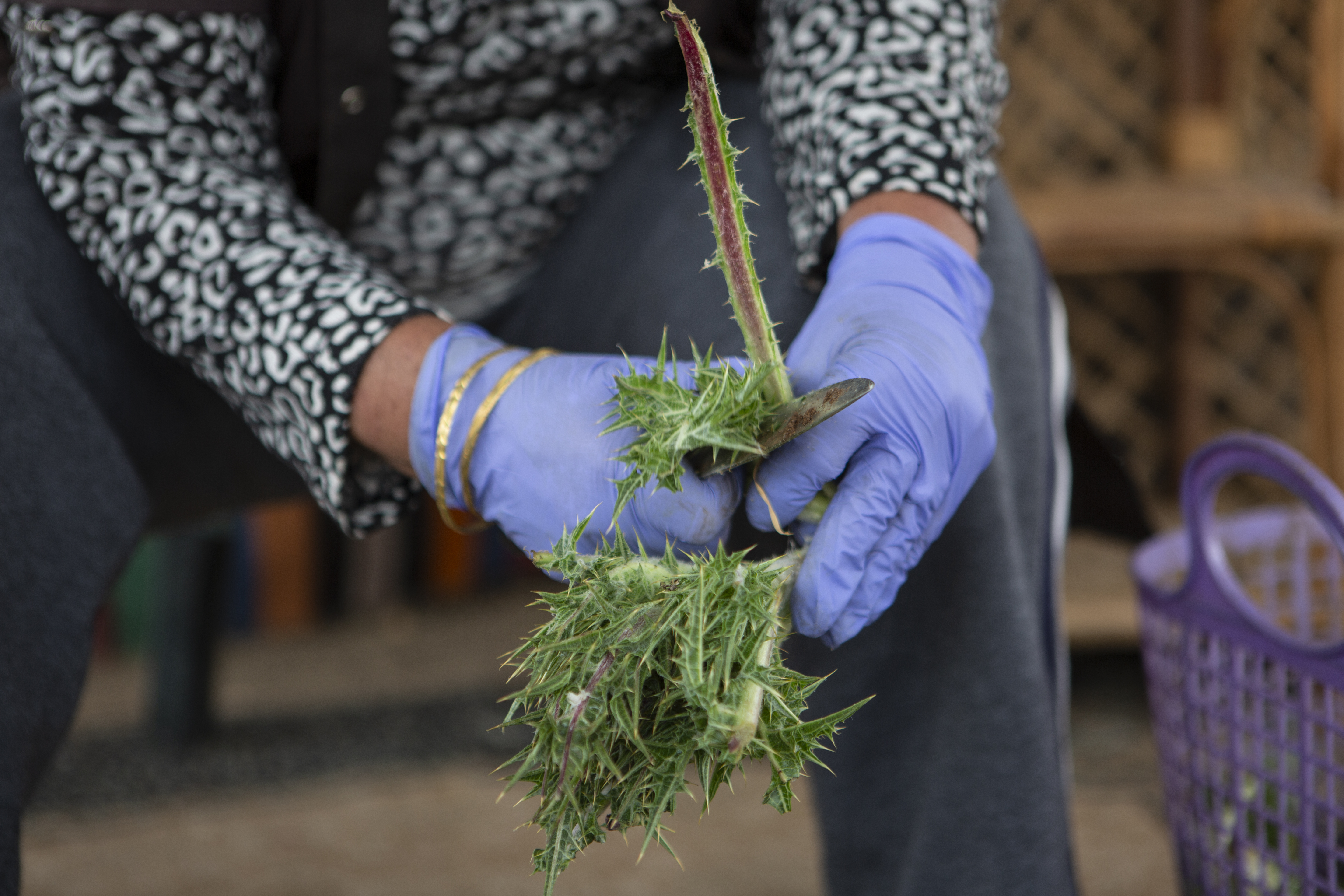
A woman prepares akoub in the north of the country.
In response, Adalah demanded to know the estimated date of completion of the work on updating the policy, and reiterated its request for information regarding the scope of enforcement, drawing attention to similar data provided to Israeli media outlets. In their response, the Nature and Parks Authority stated that the new policy is expected to be published by the beginning of August 2019, and that in the years 2016-2018, 26 indictments were submitted and 151 fine notices were issued for offenses related to these plants.
The notification on the formulation of the new policy was also confirmed in a letter sent by Minister Ze’ev Elkin to Adalah in response to its initial request, which stated that "the authority is working on a new policy that will examine the moderating enforcement regulations in circumstances under which the harm to these plants is not significant."
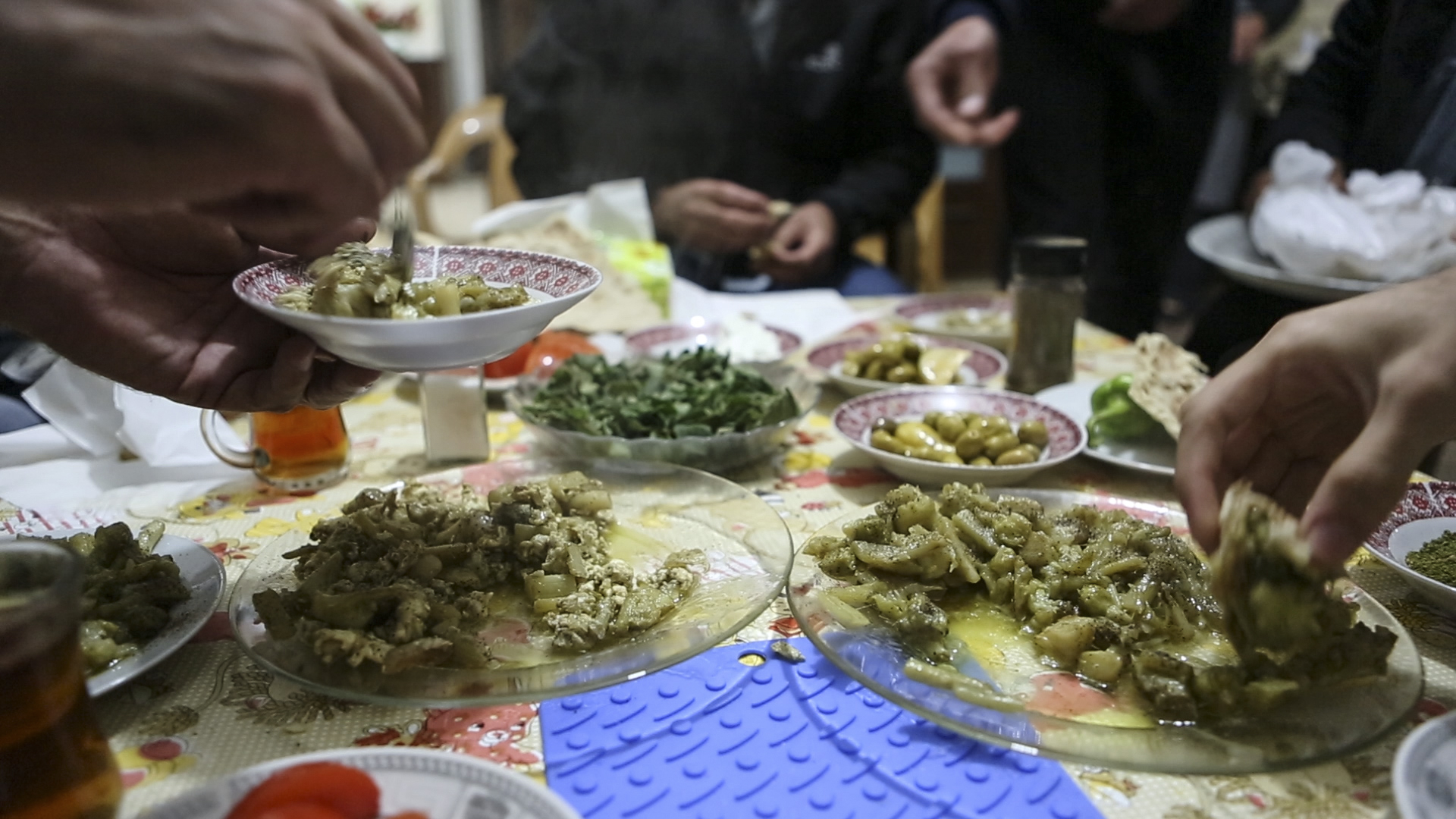
Traditional Palestinian dishes prepared with akoub.
On 21 July 2019, Adalah wrote to AG Mandelblit and the Nature and National Parks Authority's legal department welcoming the renewed consideration of this issue. However, Adalah requested that:
1. The authority share the specifics of the policy with Adalah so that it can submit its comments.
2. The attorney general order the suspension of criminal enforcement and the delay of pending proceedings for these offenses until a new policy is formulated and in view of the lack of scientific basis that supports the current policy.
Adalah Attorney Rabea Eghbariah added:
"The authority understood that the current enforcement policy is at the very least disproportionate and cannot withstand judicial review. Nevertheless, to this day we have not been presented with a solid professional basis which indicates that the gathering of these plants, without uprooting them, actually endangers the continued distribution of these plants in nature and justifies – even ostensibly – the imposition of a criminal prohibition on gathering them. After hundreds of people, almost all of whom are Palestinian Arabs, were harmed by this rampant and humiliating enforcement, the time has come to put an end to the criminalization of the culture of picking edible plants and to determine that gathering these plants does not constitute an offense, particularly when this concerns quantities intended for personal consumption".
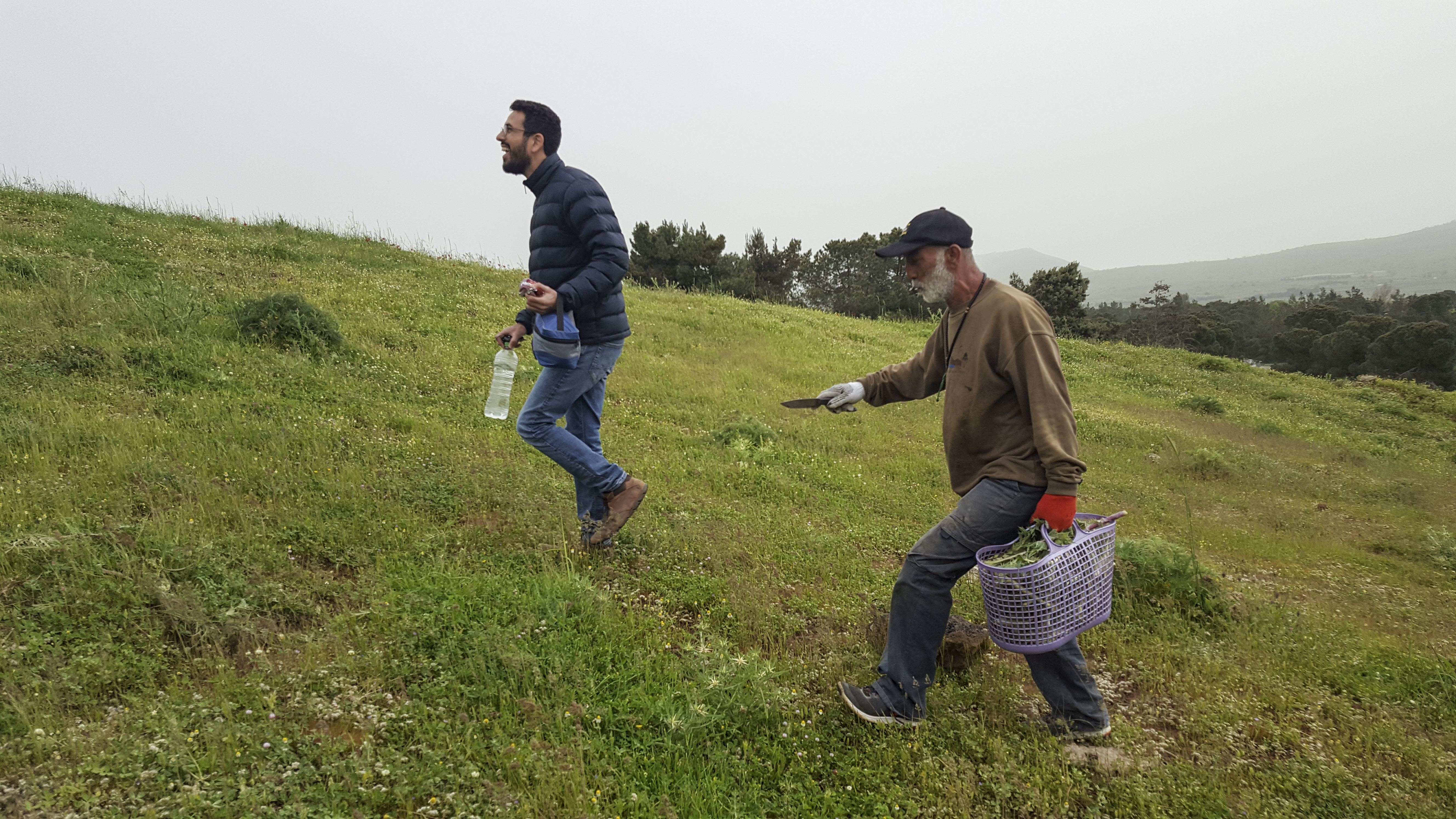
Adalah Attorney Rabea Eghbariah accompanies an akoub harvest.
(Photos by Mati Milstein)











